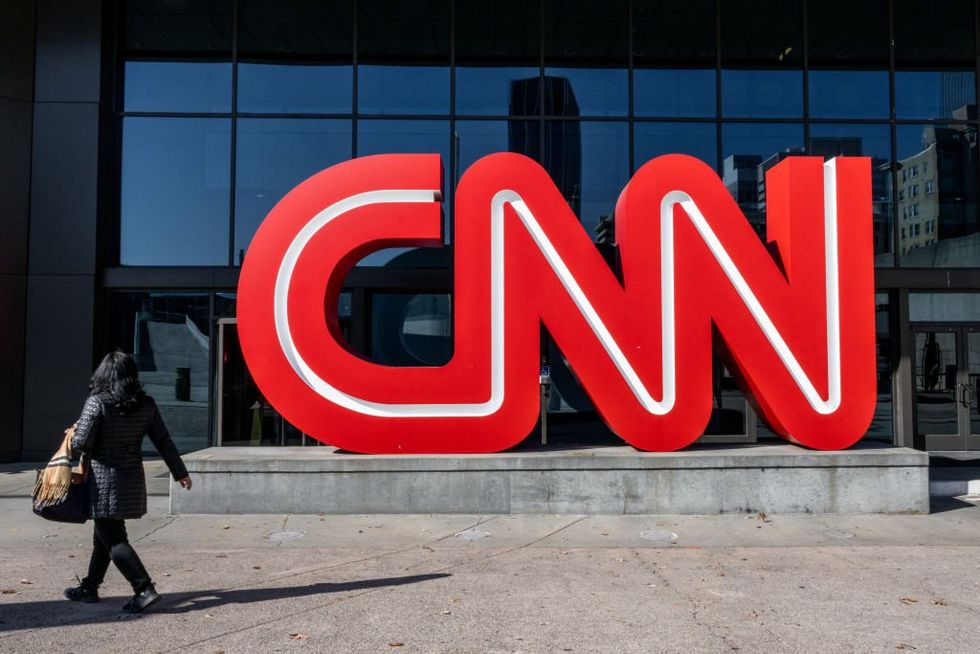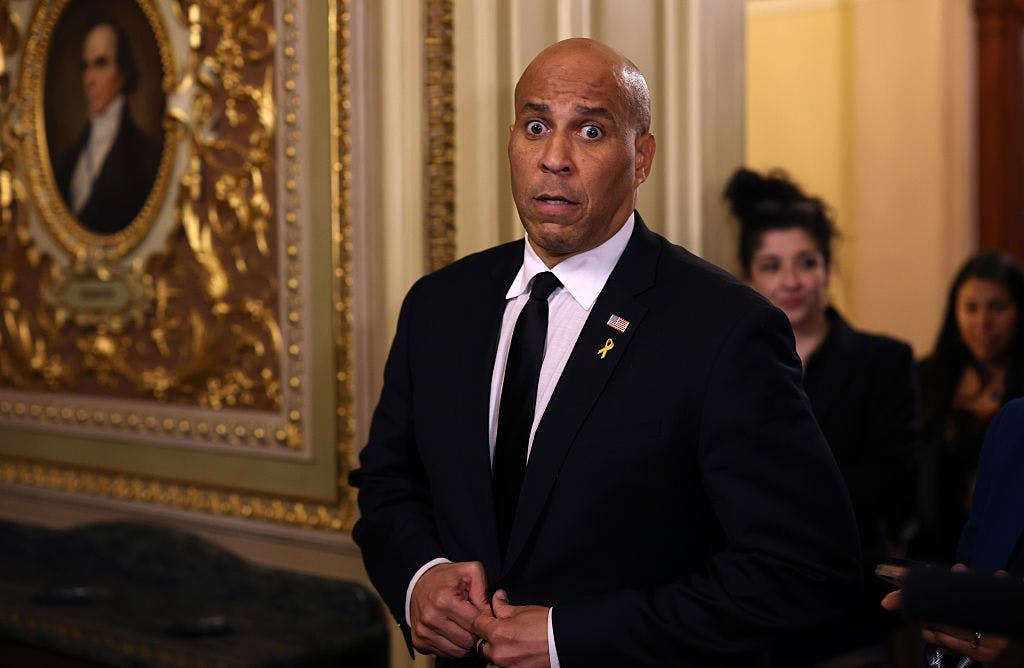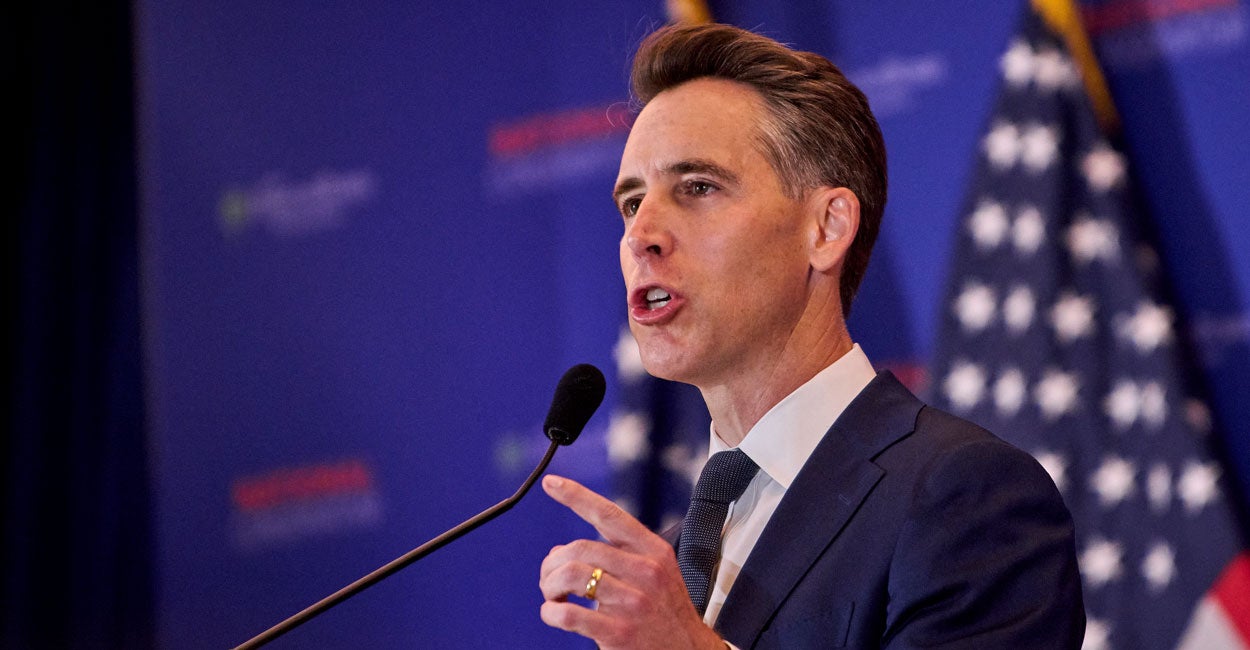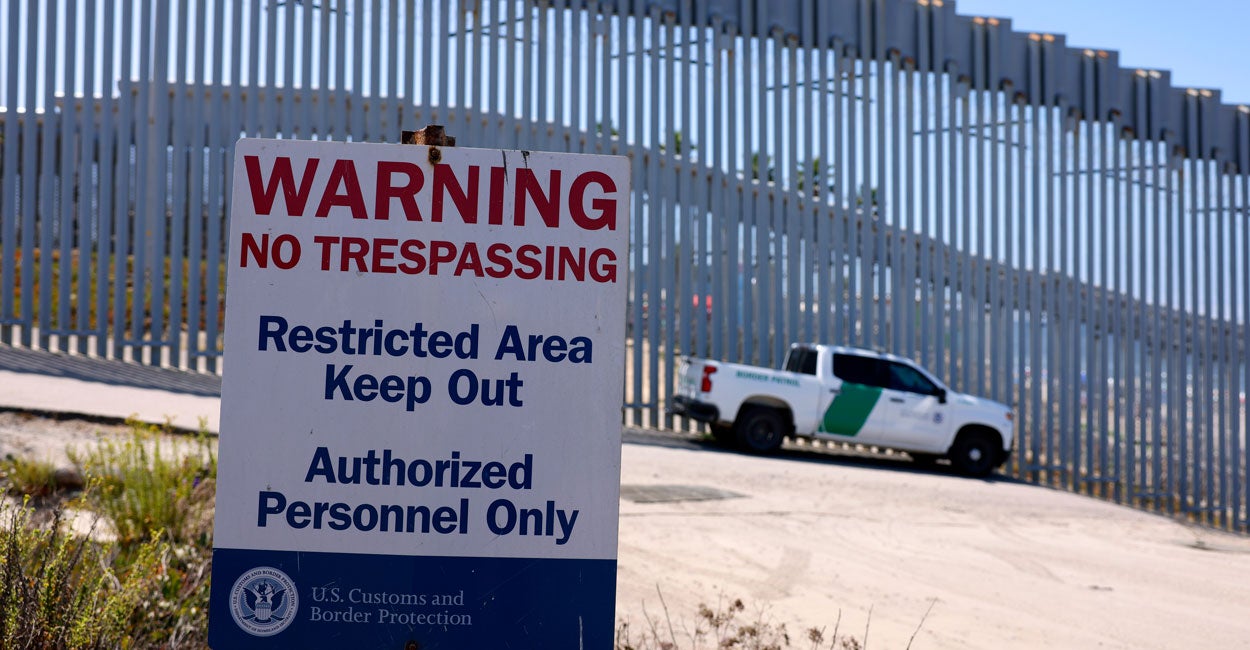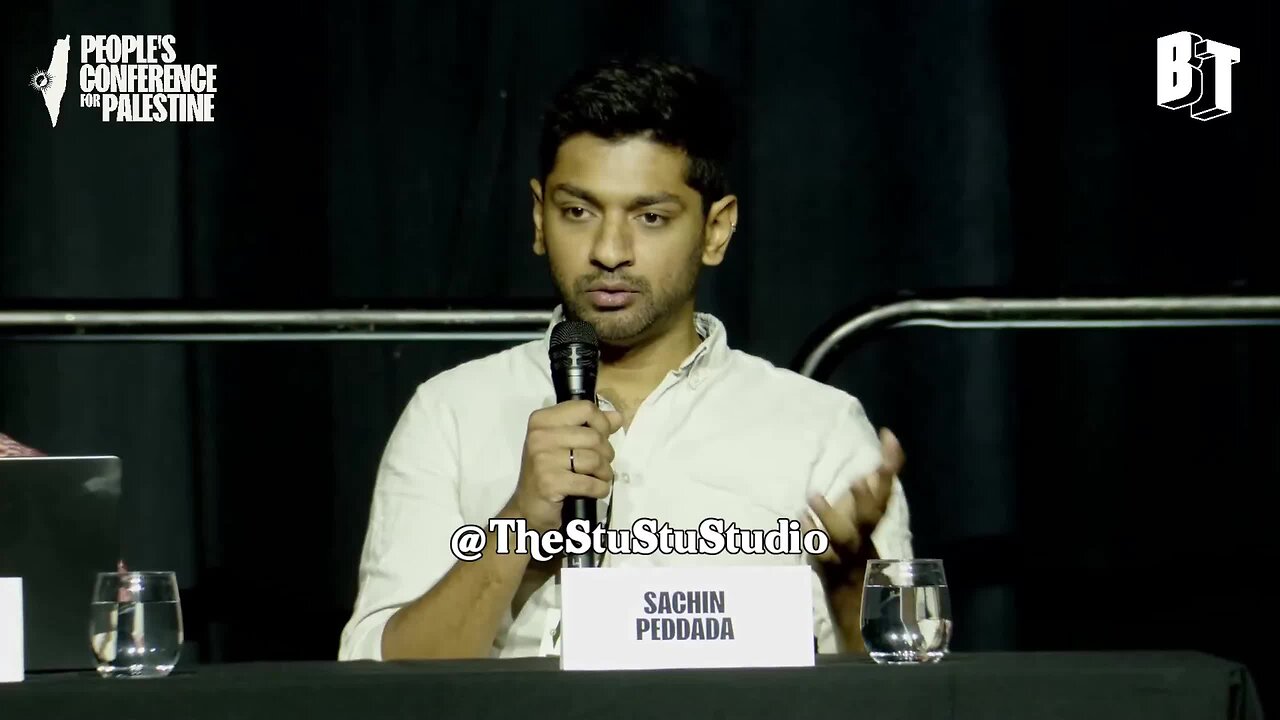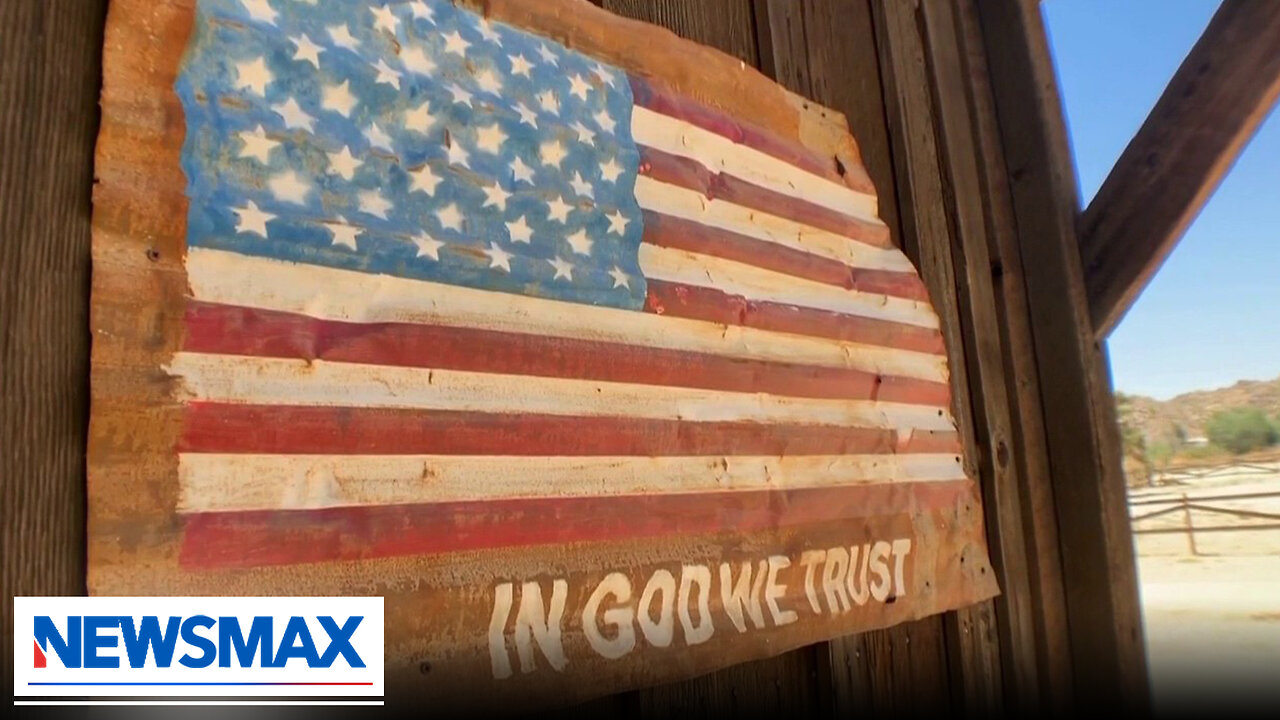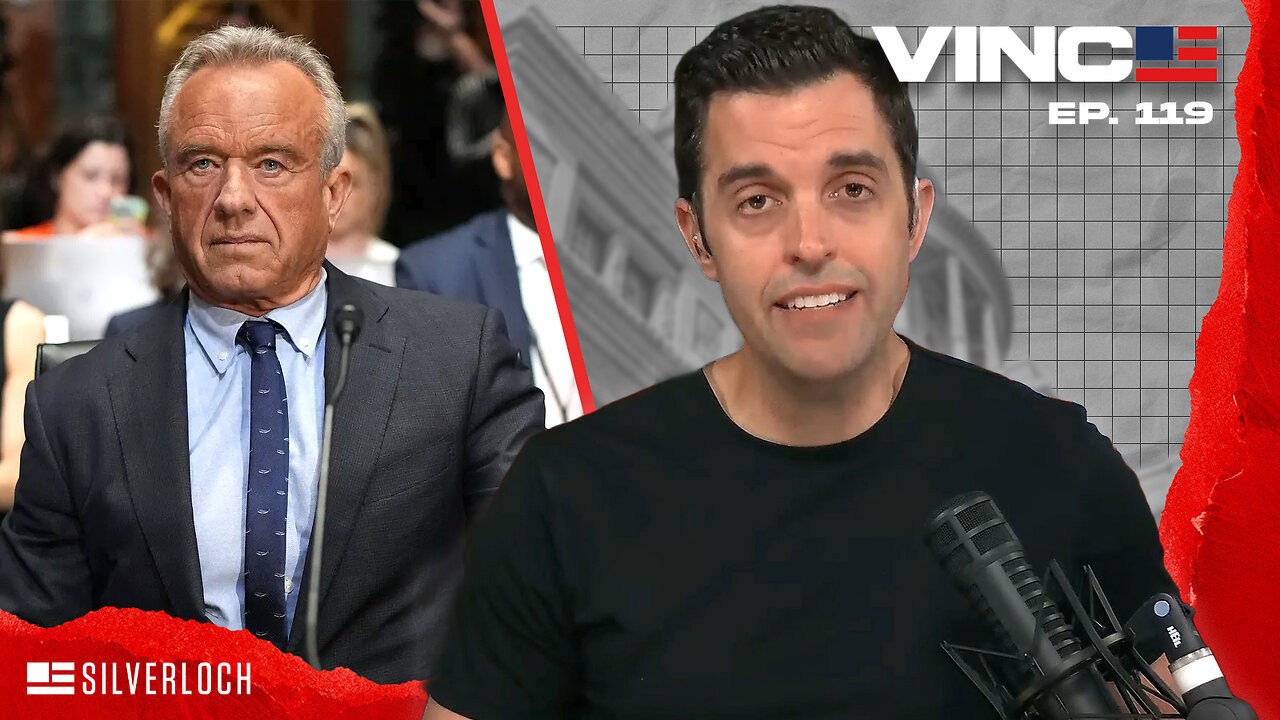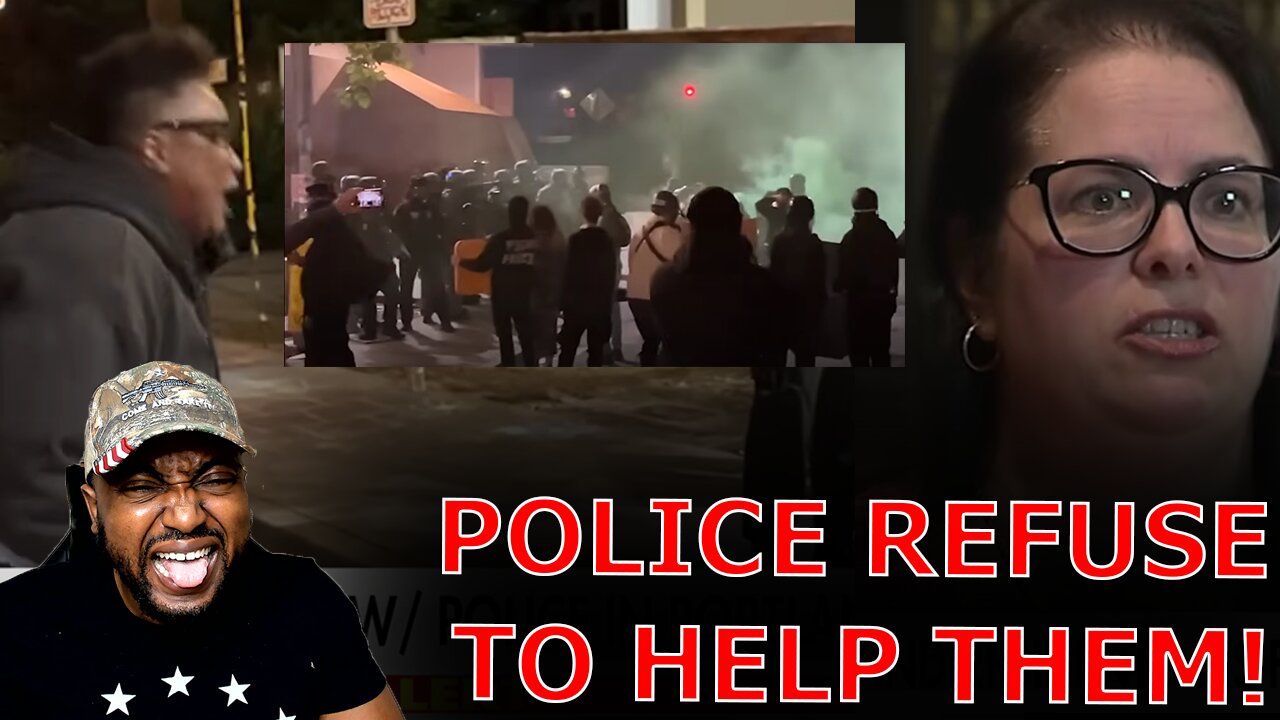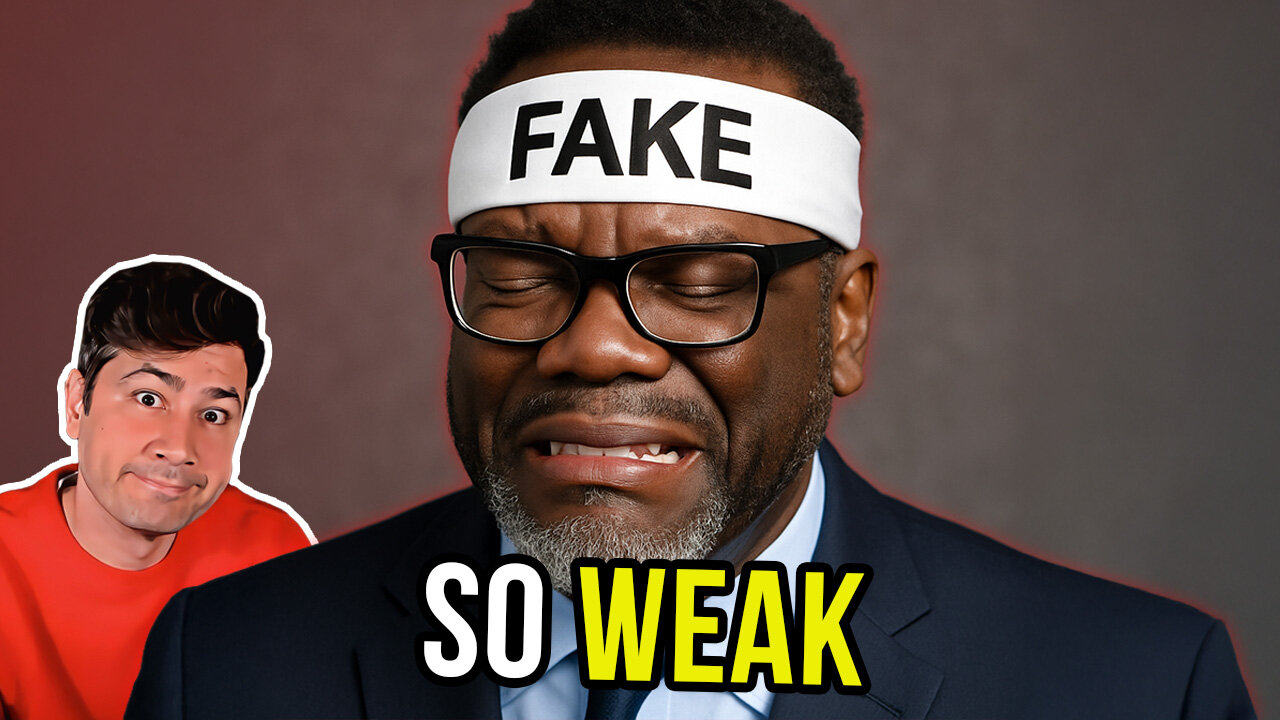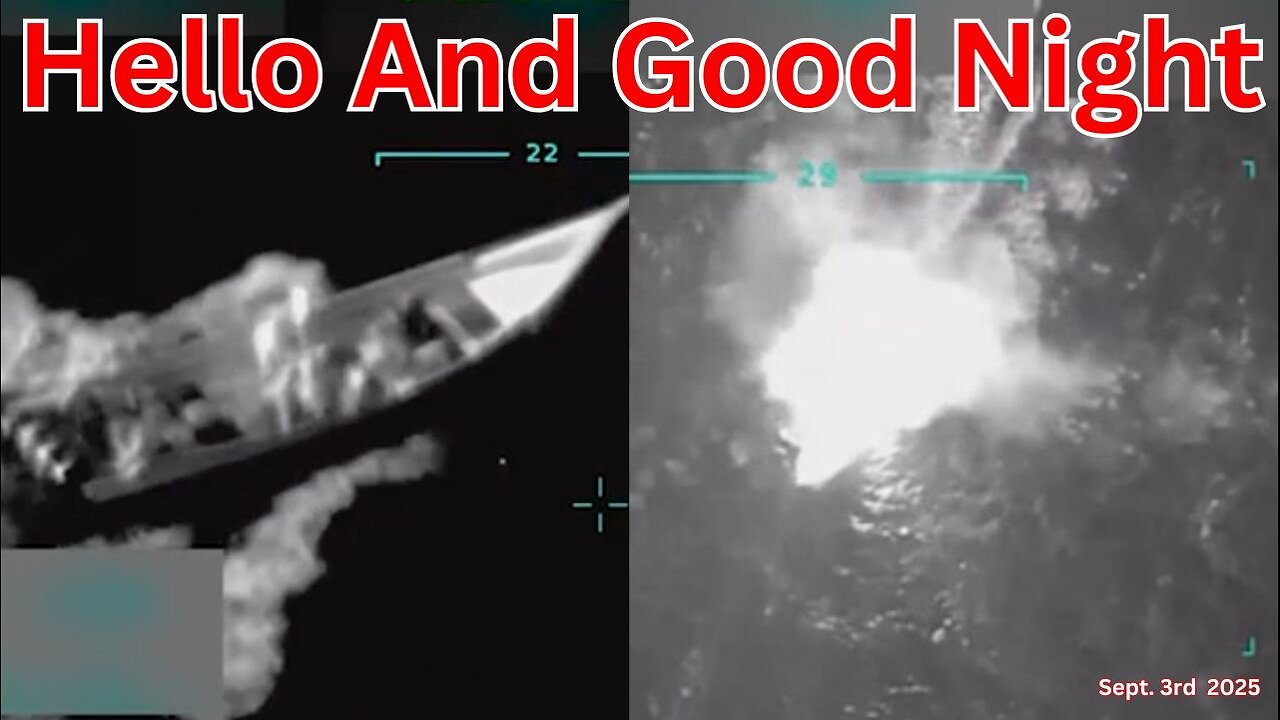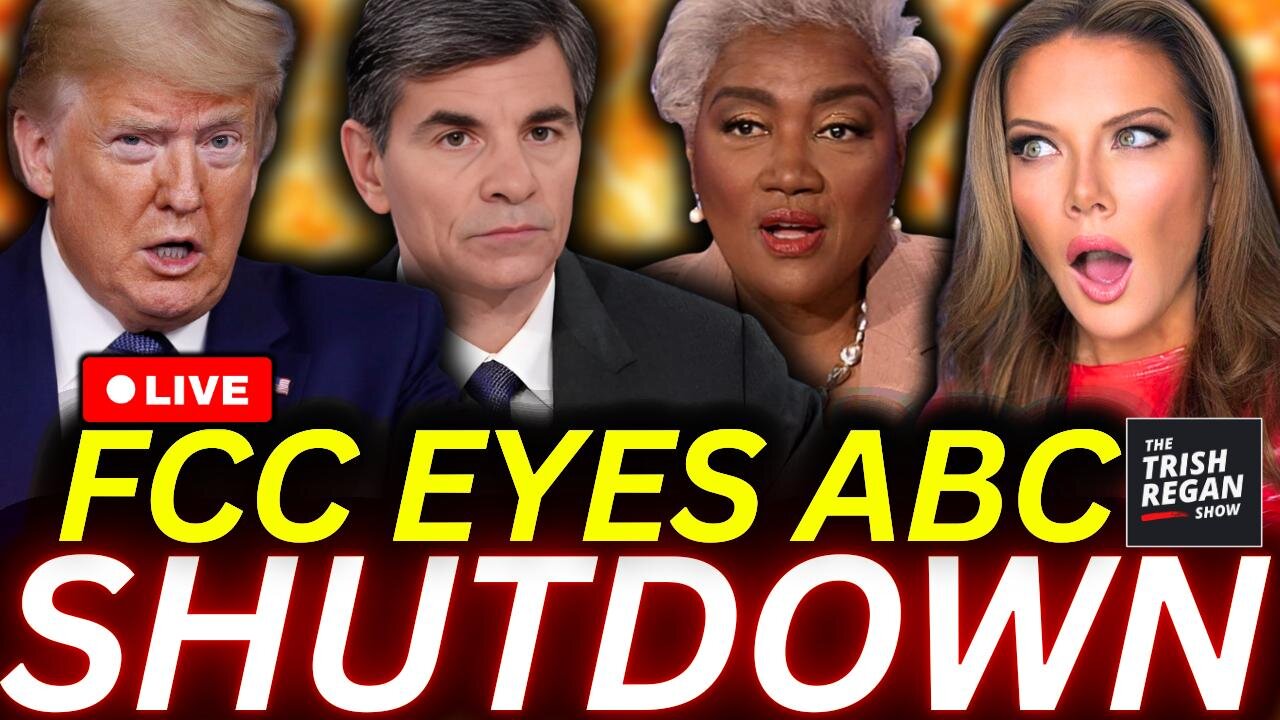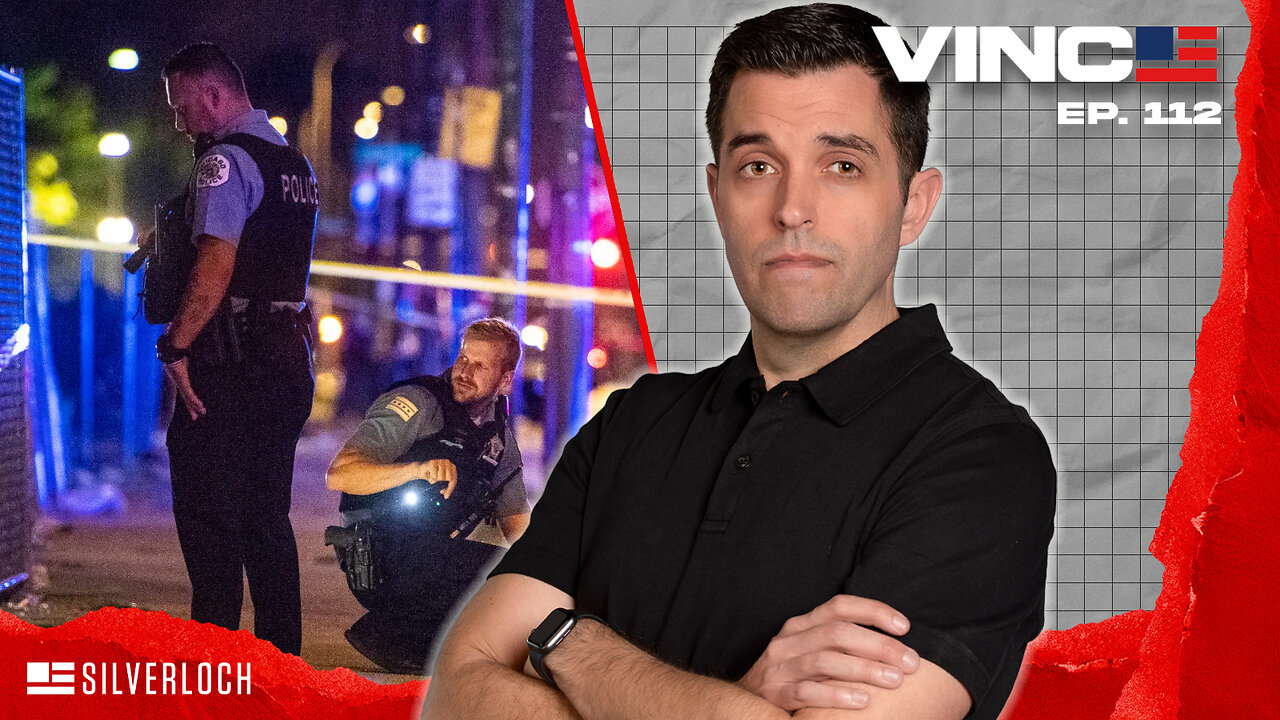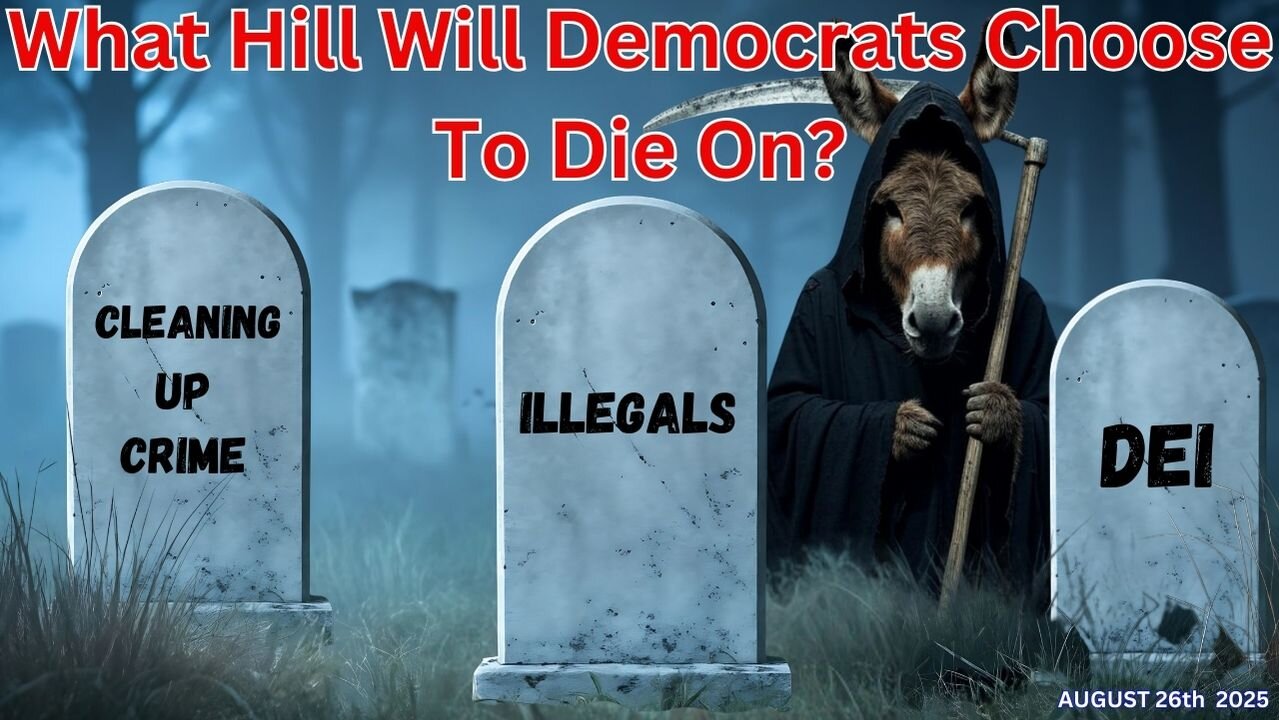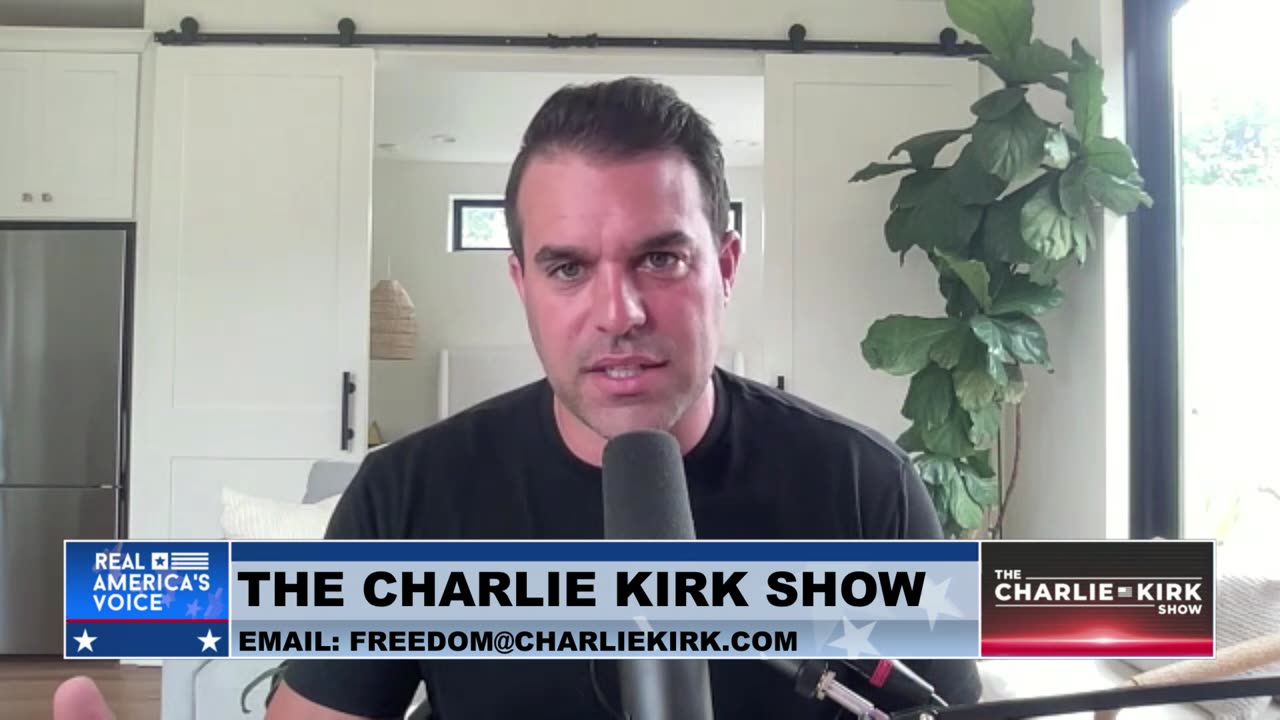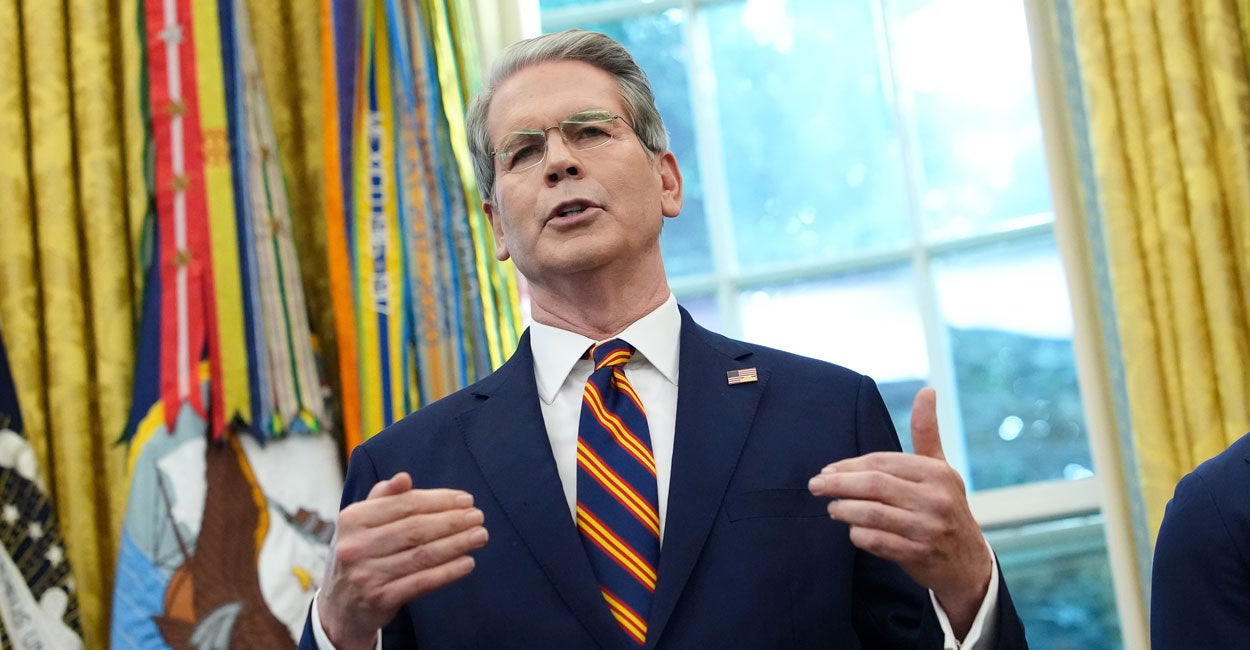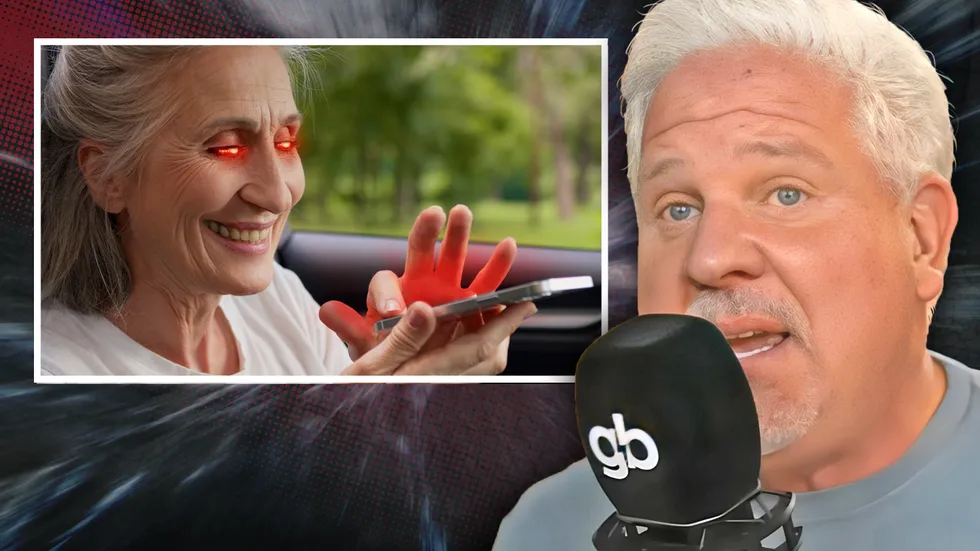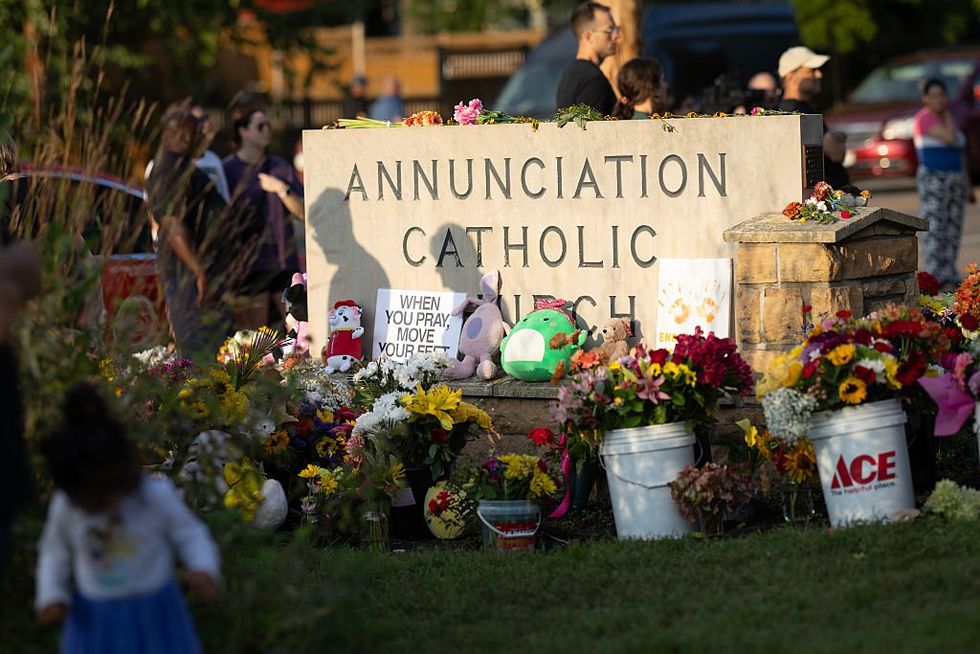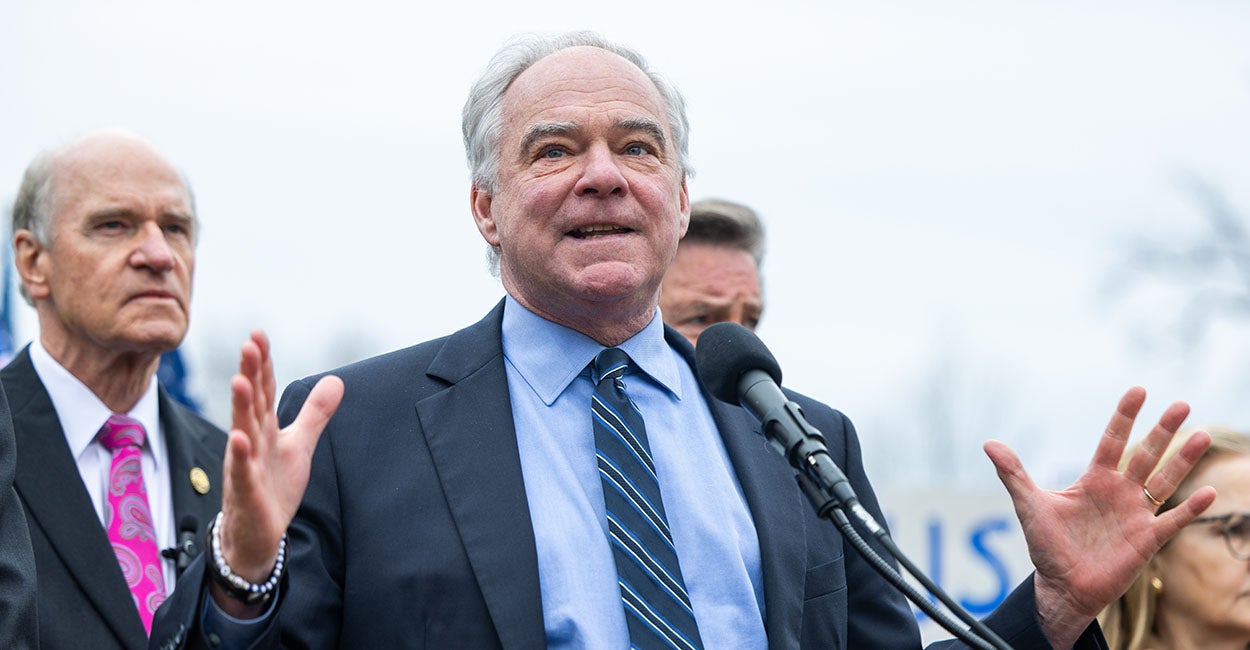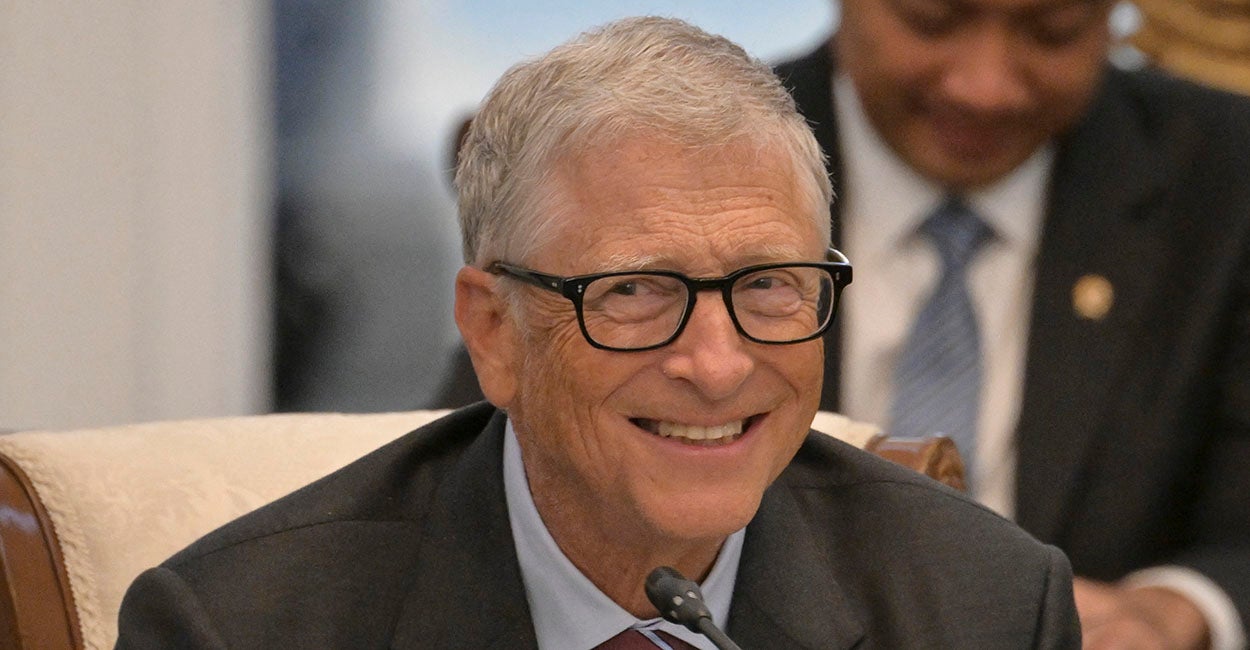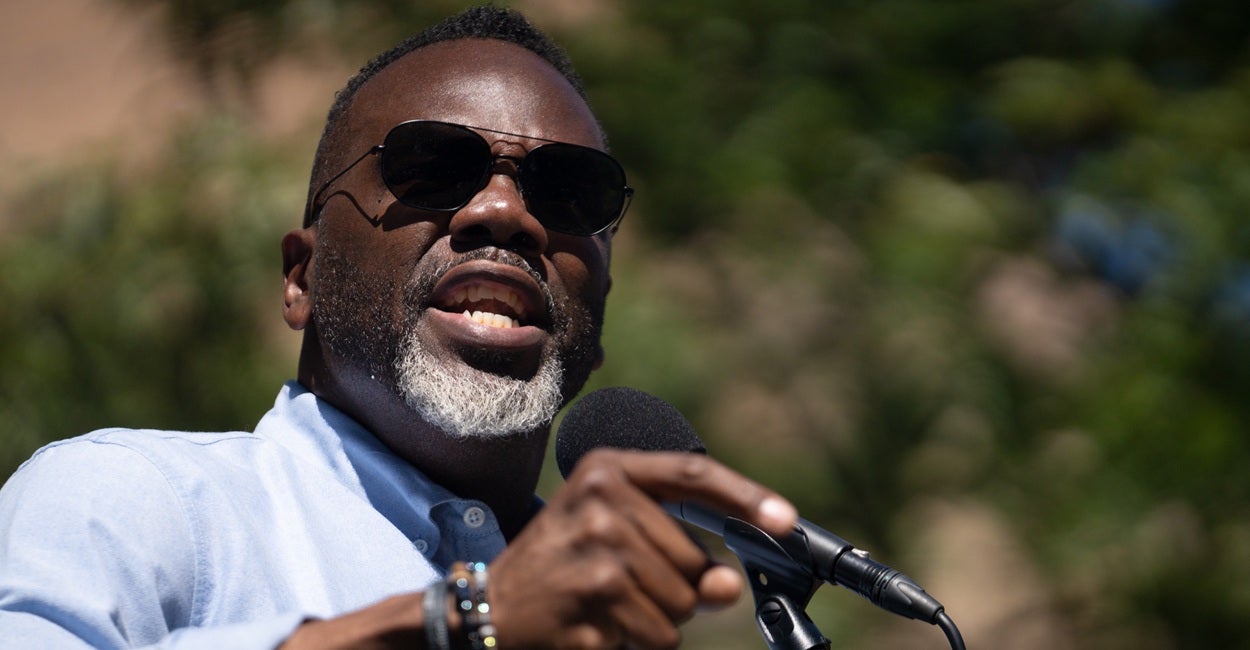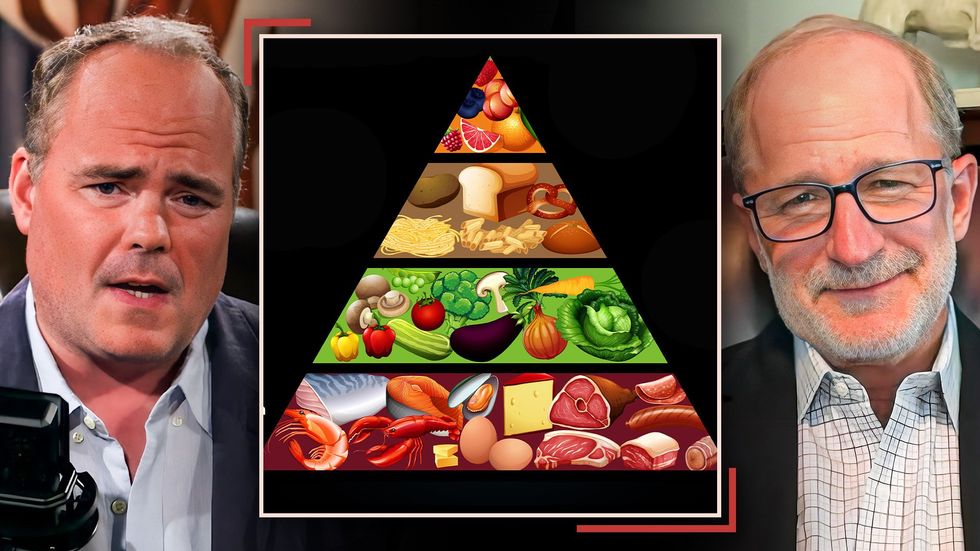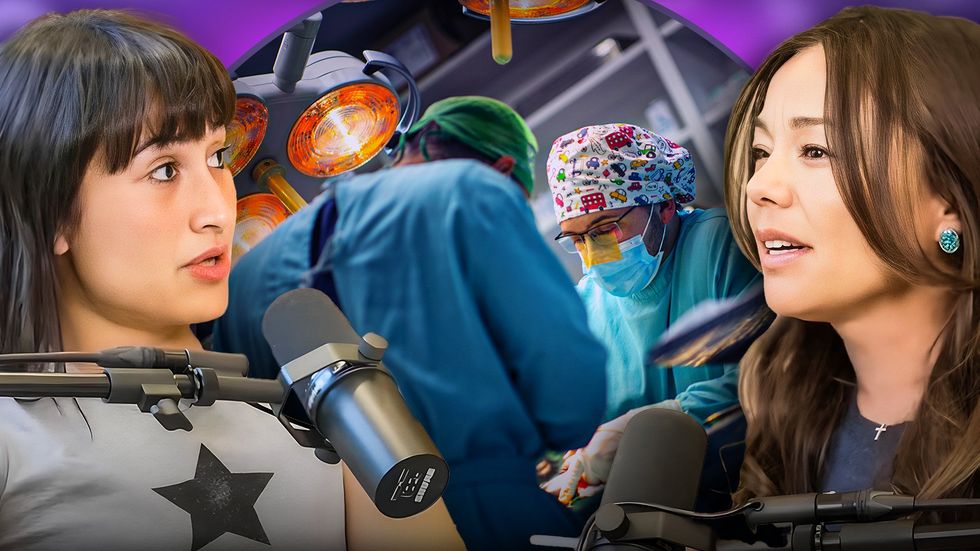The Lost Agrarian World
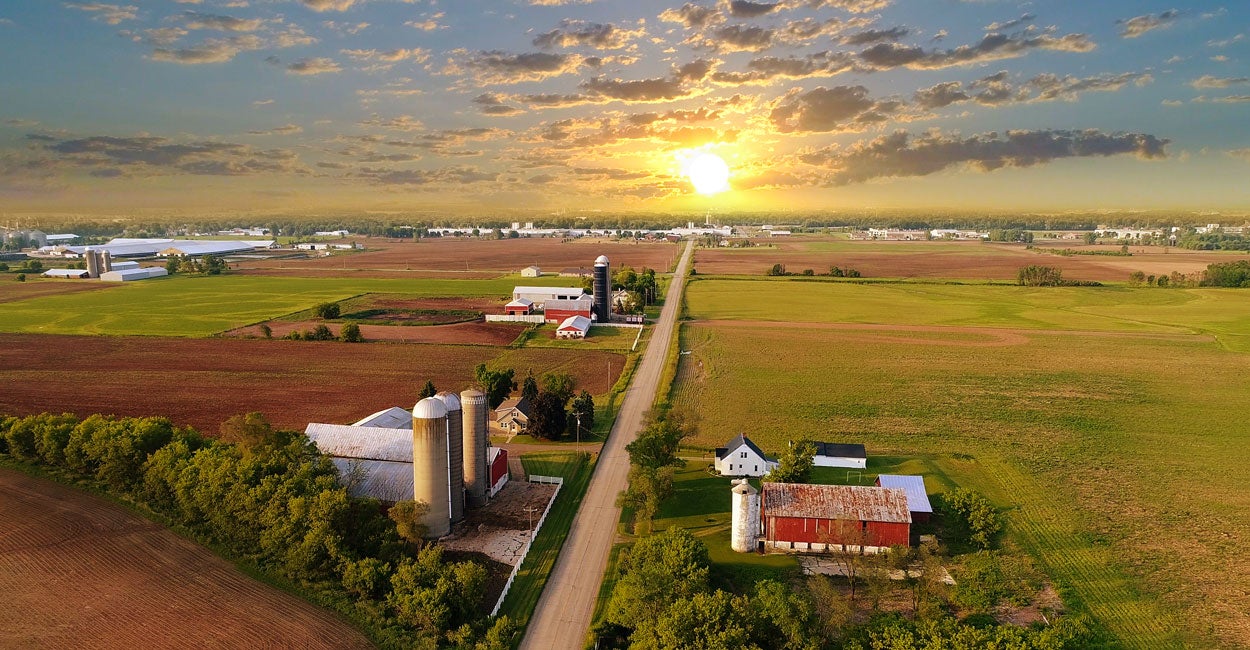
Editor’s note: This is a lightly edited transcript of today’s video from Daily Signal Senior Contributor Victor Davis Hanson. Subscribe to our YouTube channel to see more of his videos.
Hello, this is Victor Davis Hanson for The Daily Signal. I’d like to do something a little bit different. I want to talk about a lost agrarian world and what it was like before the rapid industrialization and suburbanization of America and the values.
I want to do that because we have all of these misconceptions and all of this indoctrination and all of this ideological bias about the past. I’d just like to get a personal take very quickly.
We talk about this white, monolithic, racist society that has to be overturned under DEI, but let me go back to 1960. I was born here, where I’m speaking, on 125-130 acres of a family farm that had been in my family since 1870.
But my point is this, over where I’m pointing now, there was a farm run by Harry Gusegian. I shouldn’t even mention his name. It was a wonderful family. And they were from, they had escaped, his family, the Armenian genocide in Turkey. And he was very ethnic. He was very strong, proponent of Armenian culture.
Over to my south was, I won’t mention the other names, but he was a Japanese American. He had his farm confiscated during the Earl Warren and McClatchy newspaper campaign and FDR. Remember it was a liberal enterprise to take Japanese off their property and put them in, basically, holding camps in the Sierra Nevada high country. But the local farmers got together and farmed it and then kept the money, that was the income, so he could have the money when he returned.
Over to the west, there was a Punjabi immigrant. Over to the north, there were two Armenian brothers.
What I’m getting at, it was racially and ethnically diverse. There was no—it was a natural diversity. And when everybody said, ”Privilege, privilege”—we grew up in a, I’m not trying to be singular or anything or a victim, but we grew up in a very small 1,100-square-foot home.
And my grandparents here, they were—my grandfather was the third generation here. But what I’m pointing out, they were just like all of you listening. They didn’t have it easy.
My mother lost a child, my sister, who died because my mother was pregnant with German measles. My aunt, her sister, who lived in the house that I am, was crippled with polio. And they didn’t really know how to treat it in 1920. And she had a series of operations that made her bedridden for the rest of her life. She lived in the living room in which I live now.
My grandfather, I remember him at 86, still going out and making very little money but working all from 4 in the morning until 6 at night, shoveling, irrigating on his small farm. And my grandmother was—she had a ruptured appendix and she stayed in bed for two years.
That was just the typical story of these pioneer families. It was so wonderful growing up with them. You got to hear the 19th-century dialect: “Be careful when you go out yonder.” “I’m going to give you the dickens.” You got a glimpse of what life had been like before the modern era.
It was a shame culture: “Victor, now remember, you’re a Hanson, your Swedish relatives, and you’re a Davis. When you go into town, I don’t want to see a cigarette hanging out of your mouth. I don’t want you to have alcohol because if you get in trouble, you represent all of us. And you will shame us. And we work hard to have a reputation where we pay our bills on time.”
When my grandfather died, my task was to go to all the places and see if he’d paid the bill twice. He was so worried about it. And all of that has been erased out of DEI. We’ve just had this victim/victimizer binary. And the idea that people, largely farmers, in the 19th century came out with nothing. And they worked until they died, in obscurity. And they created and conveyed a set of values of hard work, of follow the law.
We had a constable. There were no sheriffs. It was a Swedish American, the constable. And every time he would come out, all I remember, as a little boy when I was in the 1950s, he had a snub-nosed .38, but he never used it.
And what did he investigate? Somebody’s horse was loose or somebody had thrown a bottle of whiskey on somebody’s property. And he handled it.
Nobody had a key to their home. We had one phone line.
But what I’m getting at is, everybody got together, they were ethnically and racially diverse, there was no prejudice. Or if there was, it was incidental, not essential to farming.
And all that world has been not only gone with the industrial age and corporate farming and the agrarianism that inculcated those values, but we have slurred those dead people, that dead lost generation. We’ve said that they were sexist, racist, homophobes, and they had it easy, they had privilege, they were supremacists. They weren’t. They weren’t.
They had nothing. And they worked day to night. And they gave us a set of values: hard work, follow the law, listen more than you speak, don’t shame your family, and don’t treat people by their superficial appearance, or the color of their skin, or their accent, but the content of their character. They really did. And how well they farmed.
My grandfather, before he died, said, “It’s been an honor to be a neighbor of our Japanese because he taught me so much about farming. Just looking at his vineyard, it was so beautiful.” And that was what the barometer of character assessment was. What we did.
And so, I think all of us should just take a deep breath. And do not listen to the media, the academics of this generation, because what have they given us but discord and mediocrity? They inherited the infrastructure, the values, what makes this country the beacon and the destination for millions of people. And yet to slur them by a mediocre, inferior generation—our generation—it’s really shameful. And it’s a rewriting, a Trotskyization of history.
I think it’s past time to just say, “These were wonderful people. The agrarian world of the United States gave us much of the singular American character. And we’re not gonna sit here anymore and listen to it being slandered and smeared by people who would not last one day behind a team of horses or on a John Deere tractor at 108 degrees discing all day.”
And that generation did. And it fed us. And we owe everything to them.
We publish a variety of perspectives. Nothing written here is to be construed as representing the views of The Daily Signal.
The post The Lost Agrarian World appeared first on The Daily Signal.
Originally Published at Daily Wire, Daily Signal, or The Blaze
What's Your Reaction?
 Like
0
Like
0
 Dislike
0
Dislike
0
 Love
0
Love
0
 Funny
0
Funny
0
 Angry
0
Angry
0
 Sad
0
Sad
0
 Wow
0
Wow
0

